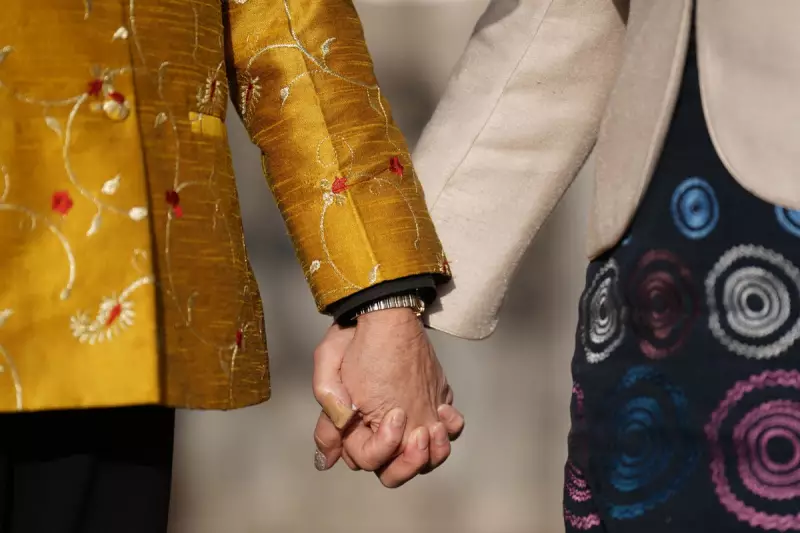
The Church of England is facing one of its most significant internal crises in recent years as the Archbishop of York, Stephen Cottrell, confronts open rebellion from traditionalist clergy over the approval of prayers for same-sex couples.
During a tense session at the General Synod in York, traditionalist members launched a coordinated challenge against the House of Bishops' decision to implement the Prayers of Love and Faith. The move represents the most substantial backlash since the controversial measure was approved.
Growing Division Within the Church
The rebellion signals deepening fractures within the Anglican community, with conservative factions declaring the bishops' decision "unlawful" and demanding immediate reversal. Archbishop Cottrell found himself navigating heated debates as he attempted to maintain unity while defending the church's evolving stance on same-sex relationships.
Traditionalist clergy have expressed profound disappointment, arguing that the new blessings contradict centuries of church teaching on marriage and sexuality. Meanwhile, progressive members welcome the change as long overdue recognition of LGBTQ+ relationships within the church.
Legal Challenges and Constitutional Concerns
The opposition has taken formal steps to challenge the decision through the church's governance structures. Critics argue the House of Bishops overstepped its authority by implementing the prayers without broader consensus within the General Synod.
Legal experts within the church are now examining whether proper procedures were followed, adding another layer of complexity to an already volatile situation. The constitutional implications could have far-reaching consequences for how the Church of England makes decisions on sensitive theological matters.
Potential for Permanent Schism
Church leaders fear the current standoff could lead to permanent divisions within the Anglican communion. Some conservative parishes have already indicated they might seek alternative oversight or consider breaking away entirely if the blessings continue.
The Archbishop of York faces the delicate task of balancing pastoral care for LGBTQ+ congregants with maintaining unity across the church's diverse theological spectrum. His leadership during this period may determine whether the Church of England can navigate this crisis without fragmenting.
As the debate continues, all eyes remain on York where the General Synod's decisions could reshape the future of Anglicanism in England and beyond.





